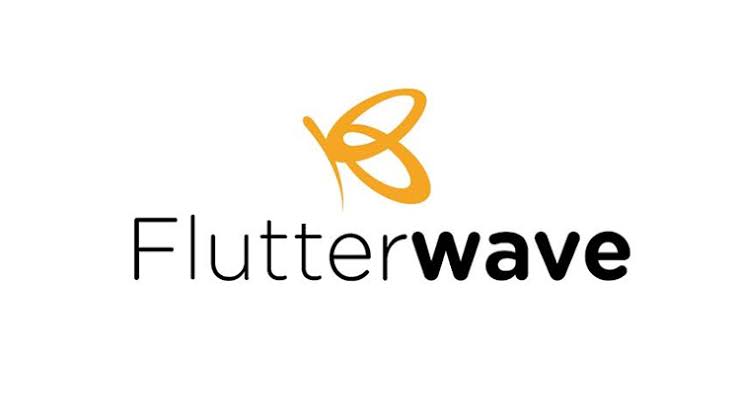Nigerian fintech startup Flutterwave has obtained a Mareva injunction following a High Court ruling on February 1, enabling the company to initiate the recovery process for $24 million (₦19 billion) lost due to unauthorised transactions by Point of Sale (PoS) merchants on its platform.
Read also: Flutterwave as an alternative to Shopify
Background of the Ruling and Temporary Freezing of Accounts
The court order, commonly known as a freezing order, empowers Flutterwave to pursue the recovery of funds and assets, even if they have been withdrawn. This legal action stems from a series of illicit transfers conducted by PoS device merchants in October 2023, triggered by a technical glitch on Flutterwave’s platform.
In response to the discovery of these unauthorised transfers, Flutterwave, acting as a payment service provider, temporarily froze accounts implicated in the illegal transactions. The company affirms that no customer funds have been lost and is actively collaborating with relevant authorities to address and resolve the issue.
Previous Court Order and Expansion of Recovery Efforts
Court documents reveal that Flutterwave had previously obtained a court order restricting debit operations on the affected accounts, executed two months after the unauthorised transactions occurred. The recent ruling extends the company’s efforts to recoup funds from over 6,000 account holders across 35 banks and financial institutions.
Under the February 1, 2024 ruling, 35 financial institutions, including prominent banks like Access Bank, Zenith Bank, PolarisBank, and digital operators such as Opay, Moniepoint, Paga, Palmpay, and VFD Bank, are mandated to disclose contact information of the implicated account holders. Flutterwave intends to communicate with these account holders via email, SMS, and WhatsApp messages, leveraging the provided contact details.
The success of Flutterwave’s court-ordered recovery hinges on the accuracy of customer information furnished by the specified banks and financial institutions. This underscores the critical role of Know Your Customer (KYC) regulations in ensuring robust financial operations. Despite recent KYC directives by the Central Bank of Nigeria (CBN), experts argue that existing guidelines lack provisions requiring customers to update their contact details with banks, potentially undermining fraud prevention efforts.
Amidst Rising Fraud Concerns
The Flutterwave incident unfolds against the backdrop of increased fraud attempts within Nigeria’s financial services sector. Citing inadequate anti-fraud measures and lenient customer verification standards, established banks like Fidelity Bank are contemplating measures to restrict access to their services by neobanks. Fidelity Bank, for instance, imposed a temporary ban on transfers to digital financial institutions in October 2023.
Flutterwave’s legal pursuit to recover lost funds underscores the company’s commitment to addressing unauthorised transactions and safeguarding customer interests. As regulatory bodies and financial institutions collaborate to fortify security measures, the incident highlights the ongoing battle against fraud in Nigeria’s evolving fintech landscape.
















